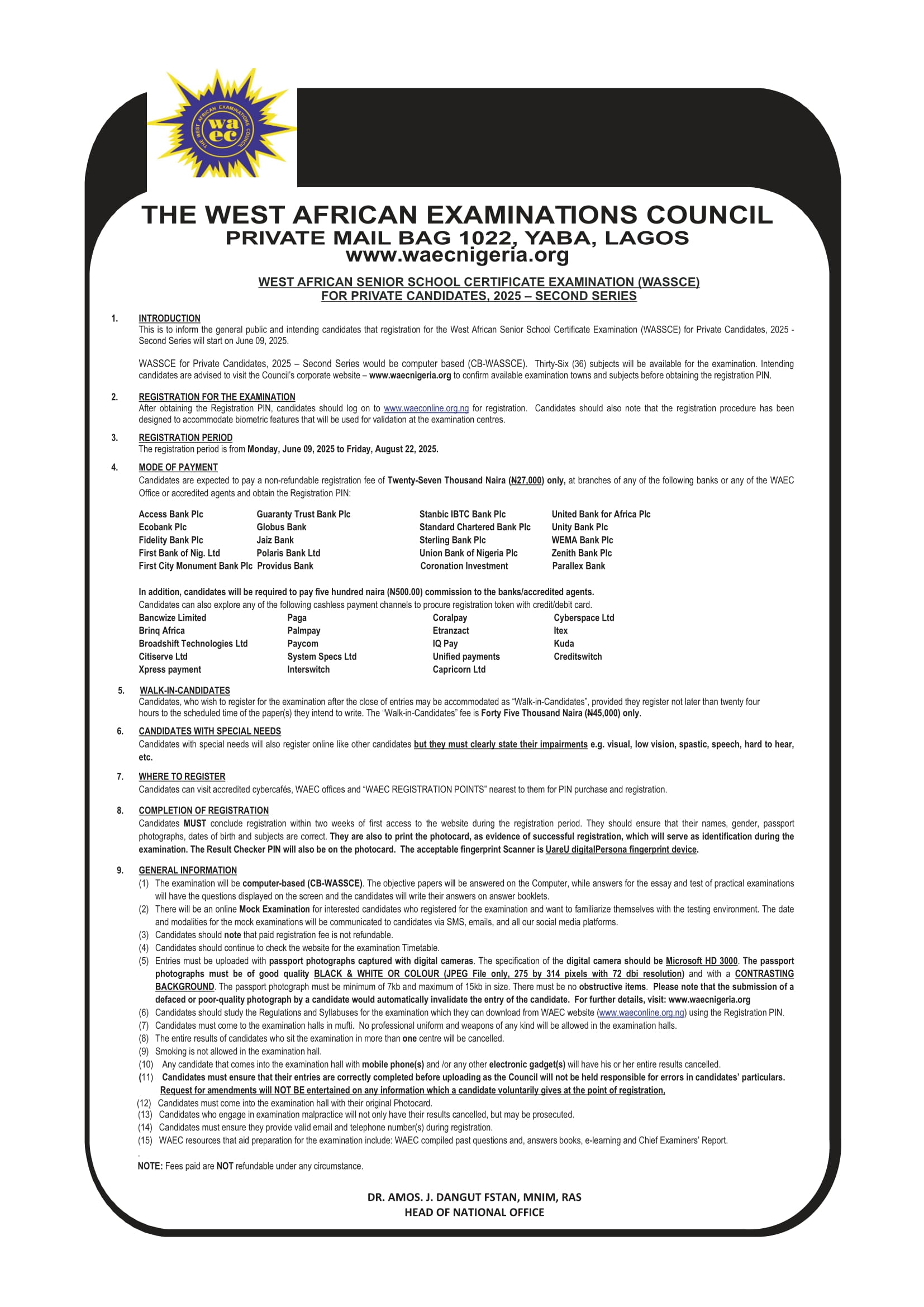
Work place environment
How Remote Work Shapes Well-Being of Nigerians

In 2020, when Ahmad Aliu secured his first remote role as an analyst with a finance firm based in Dubai, he felt a rush of a new breath of life.
Prior, he had always complained of the lack of flexibility of the on-site work system and detested having to spend hours in traffic. “This was what I prepared for all my life. This was my dream,” he told News.ng. This enthusiasm, he said, filled him for a while. “But not for long before I began to feel a sense of isolation,” said Aliu.
The pandemic accelerated the adoption of remote work, and this new work style has become the norm for many employees today.
According to research, a significant majority of workers, potentially reaching 90%, anticipate working from home on a regular basis, with at least one day per week. Estimates suggest that the number of Americans working remotely could reach 36 million by the year 2025.
Aliu is not alone in the feeling of isolation and erosion of social fabric, which remote work has cost him. A teacher-turned-virtual assistant who prefers to go by Elizabeth, her first name, shares in this ordeal. “The absence of physical interactions with colleagues and the workplace community has contributed to a sense of disconnect,” she commented.
This erosion of the social fabric can have detrimental effects on mental health as the informal support networks provided by the workplace are diminished.
Research indicates that the average remote worker takes a mere 16 steps daily from their bed to their workstation. This stark reality, coupled with the widespread use of screens throughout the day, has significantly increased reports of “Pandemic Posture” – intense back pain resulting from prolonged sitting. This emerging trend underscores the need to address the downsides of remote work on the body’s overall well-being.
The sedentary nature of remote work can lead to many physical health challenges beyond back pain. Limited mobility and decreased physical activity can contribute to weight gain, cardiovascular issues, and an increased risk of chronic diseases such as diabetes and cancer.
Additionally, poor posture can strain muscles and joints, leading to further discomfort and pain. The subtle spread of these physical health challenges demands attention.
“Employers must prioritize the ergonomic setup of remote workstations, encouraging employees to invest in comfortable chairs, adjustable desks, and external monitors,” Bola Dimeji, a medical practitioner, recommended.
“Regular breaks, stretching exercises, and promoting physical activity throughout the day can also mitigate the negative effects of prolonged sitting.”
About The Author

